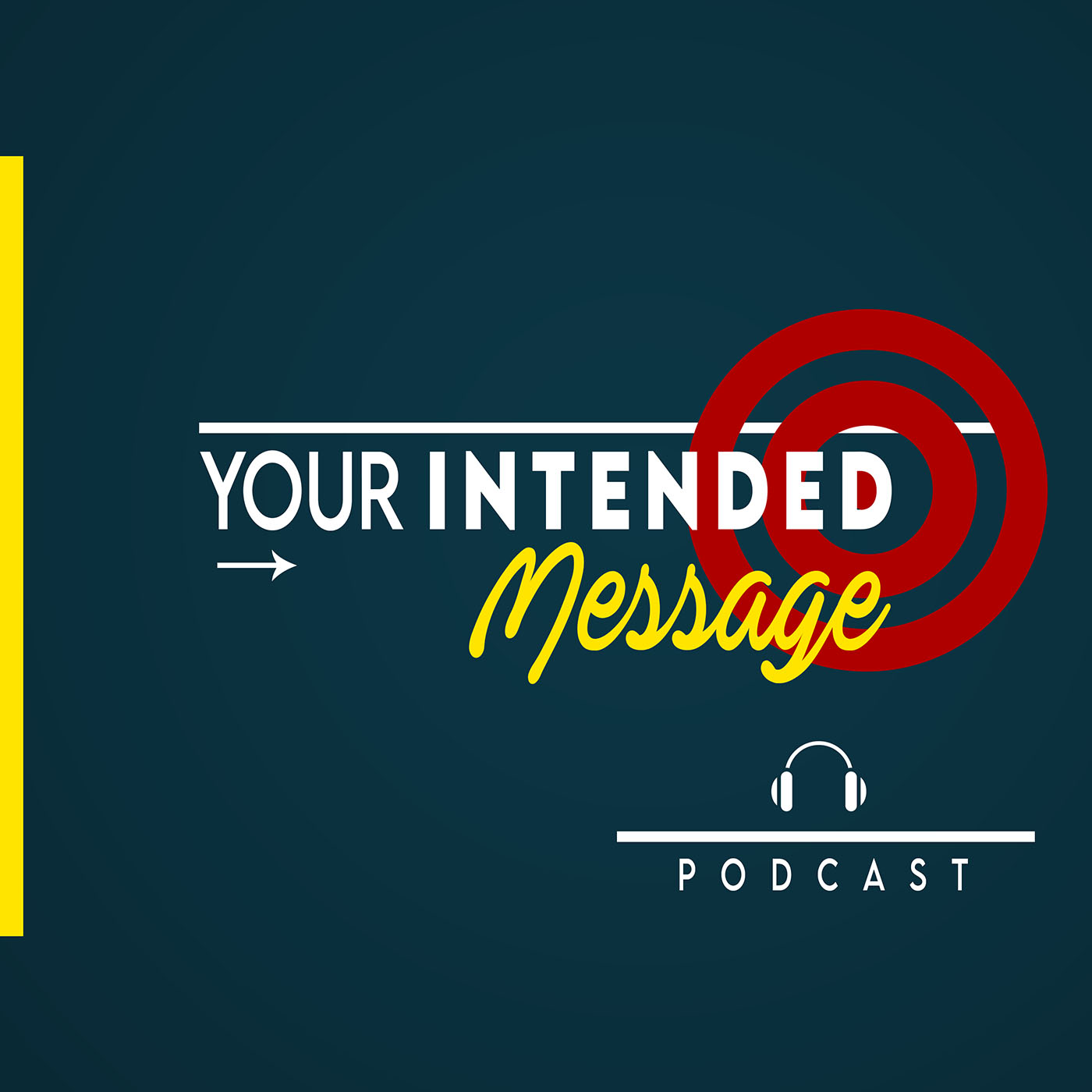
Dr. Joseph Stern is a neurosurgeon who discovered that compassion was missing from healthcare, when his younger sister, Victoria, developed leukemia, had a bone marrow transplant and died.
Episode 87
In this conversation with Dr. Joseph Stern, we explore:
Dr. Joseph Stern is a neurosurgeon. He is the author of "Grief Connects Us: A Neurosurgeon's Lessons on Love, Loss and Compassion.
You can find the book on Amazon or click the link here.
Excerpts from this conversation with Dr. Joseph Stern
02:51
So everything is about the focus on training and education as a neurosurgeon is about becoming technically proficient and mastering very difficult subject matter.
But we're working with people. And these people are generally terrified, and whether or not they're dying, they need a compassionate connection with their doctor.
And that's where I feel that in neurosurgery training, but particularly in medicine, I think we fall down on the job in terms of the importance of what it is to connect with patients and in with what they're going through.
So I feel that was what my sister brought, to me, it wasn't so much that I was that it's only when people are dying, it's that anyone who is getting medical care, is at a low point and needs a compassionate connection, you need to have shared vulnerability and an ability to communicate in an empathic way with patient.
-----
-----
15:39
I'm assuming that you have become a more compassionate doctor, more compassionate surgeon. What language Have you started to use more of that you didn't use before?
15:57
I think I listened more, I listened more and tried to talk less.
I sit and I give people time, and I want to hear what they are concerned about and what matters to them.
And so I feel that the meaningful relationships with patients are really what sustained me that actually, you know, by the time I'm fairly advanced, in my career, I've been doing a surgery for a long time, I liked doing surgery. But I also really like the the relationship, the trust that the patients put in me and kind of our relationship.
So I cultivate that. I also think that I'm not afraid to ask questions about what they're feeling or what their goals are, and what what it is that they're experiencing, what is it, they're worried about? What scares them?
So I think a lot of times in the past, I probably would have shut down a topic like that and moved on to a medical treatment or bombing people with facts.
I'm, I'm going to give them all the facts about their illness. And it's, in reality, they're multiple planes of communication are going on at the same time.
One is the fact information dump, you know, which a lot of times doctors do, but the other is like, what are you experiencing?
What are you taking away from this? What are your worries? What are your goals? What concerns you here?
And I think that those ability or willingness to get a little bit uncomfortable, maybe to cry, maybe two, but more to listen.
-----
24:42
Well, we're looking at a time in healthcare where burnout is at very, very high rates.
And I believe that some of the reason for burnout is our we're not kind to ourselves, so there's no self compassion.
We don't we don't take time to make sure that we're okay. And because we push away the grief and these other experiences, we, it ends up being a very fragile relationship that we have that we have when we could really dig in and be more connected and get more pleasure and more value out of work.
And so I, I would urge them to make some of these transitions toward honest communication, really being in touch with their own emotional experiences not shying away from these connections and conversations, and, and the emotional agility part that you need to be a successful provider of healthcare.
You need to be able to have that connection and also have the technical expertise.
And if you can learn to bounce between those two, you're really going to be a very wonderful provider.
-----
----more----
In these interviews we will explore presentation skills, public speaking, conversation, persuasion, negotiation, sales conversations, marketing, team meetings, social media, branding, self talk and more.
Your host is George Torok
George is a specialist in communication skills. Especially presentation. He’s fascinated by the links between communication and influencing behaviours. He delivers training and coaching programs to help leaders and promising professionals deliver the intended message for greater success.
Connect with George
www.SpeechCoachforExecutives.com
https://www.linkedin.com/in/georgetorokpresentations/
https://www.youtube.com/user/presentationskills

 Build Trust Fast: Lessons from a War Zone Spy: JJ Brun
Communication Techniques from a Retired Spy
Why Deception Fails: The Rule for Ra
Build Trust Fast: Lessons from a War Zone Spy: JJ Brun
Communication Techniques from a Retired Spy
Why Deception Fails: The Rule for Ra
 Storytelling for Business Leaders: Graham Brown
The Three-Box Storytelling Framework
The Hidden Psychology Behind Stories that C
Storytelling for Business Leaders: Graham Brown
The Three-Box Storytelling Framework
The Hidden Psychology Behind Stories that C
 Servant Leadership in Business: Jim Hardwick
When You Serve First, Business Follows
How a Servant’s Heart Builds Trust, Teams
Servant Leadership in Business: Jim Hardwick
When You Serve First, Business Follows
How a Servant’s Heart Builds Trust, Teams
 12 Communication Lessons from David Copperfield
How David Copperfield Creates Belief
What a Master Illustionist Taught Me about
12 Communication Lessons from David Copperfield
How David Copperfield Creates Belief
What a Master Illustionist Taught Me about